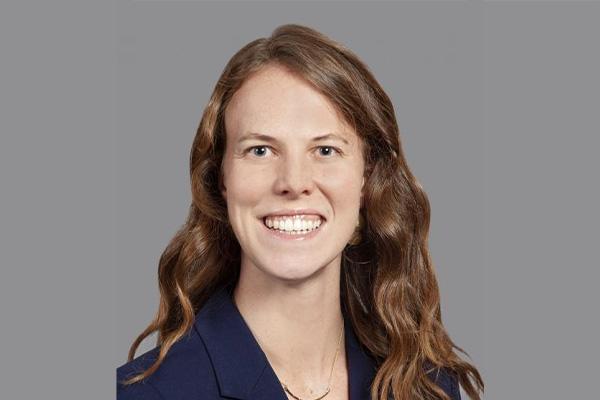
Embrace the optional
Orientation at the Duke Physician Assistant Program (DPAP) gave us a birds-eye view of what the next two years would look like. The list of all the new knowledge and skills expected of us in 24 months was exciting and incredibly daunting. After a few weeks of trying to make PA school rigor feel normal, it happened; we received emails, social media posts, and flyers sharing all the optional opportunities available to us. It felt crazy to imagine adding optional things onto a seemingly impossible DPAP schedule. However, when I look back on my time in PA school thus far, I realize all the wonderful things that came from opting in on the optional.
In part, I chose the Duke PA program because of its call on students to embody servant leadership, including our student organization, the Stead Society. Early in the didactic year, the second-year students filled the lecture hall with dozens of post-it notes with various quotes conveying the same message—“Run for Stead Society!” I knew I wanted to get involved in community outreach, though Stead Society Community Outreach Co-Coordinator felt big. Those motivational sayings must have worked because next thing I knew, I was in front of my class asking them to vote for me. What an incredible decision it was! Serving as a Stead Society officer allowed me to plan and participate in community outreach projects. Working with our amazing team of officers and faculty has been an incredible supplement to the didactic curriculum. Serving on Stead has been a wonderful way to give back to the program and community that has done so much to foster our education.
As I studied for my first clinical rotation, Women’s Health, I prepared for conversations about contraception options, expectations for each trimester of pregnancy, and differential diagnoses for common presentations of gynecologic and obstetric conditions. My hours of preparation for normal and routine pathology seemed trivial when I received my placement in Duke's high-risk obstetrics clinic. The providers were not only managing a pregnancy, but also multiples, heart failure, hypertension, diabetes, infectious disease, rare genetic conditions, and much more. I felt the weight of everything I needed to study to engage in the care of these unique patients. Then came an email from my preceptor with the opportunity to sign-up for an optional weekend, overnight labor and delivery shift. I weighed my options to determine if there were enough hours in the day for all of this. I realized that this shift would put me in a position where very few human beings find themselves -- assisting in delivering newborns.
The first delivery I saw that night was a complicated one, and the emotions in the room were high. Within just a few minutes, the doctor looked back at me and said, “glove up; I need you.” I actively participated in the remainder of the delivery and gained confidence in my ability as a student to contribute to the care of patients, no matter how complex. Time stood still when we welcomed that new baby into the world, and I would have missed it all had I opted out of the optional. Later, a patient I helped manage through triage, cesarean section, and postpartum experienced a life-threatening hemorrhage. As I watched the Duke providers successfully manage the near impossible, I realized I was learning more this night in labor and delivery than I could by staying home to study for an exam.
The COVID-19 pandemic has changed life as we know it. However, as PA students, it has not taken away the opportunities we have to prepare to become competent PAs. For many of us, this is the last time we will be students, so embrace every opportunity with an open mind! Consider attending that optional lecture, sign up for a weekend volunteer activity, and maybe even run for a PA leadership position. Something amazing may come from it. Stepping out of my comfort zone has been incredibly humbling and rewarding. It has reminded me of why I chose this profession. One of our lecturers early on in the clinical year gave us some valuable advice: If you find yourself in a group with other learners in the clinical setting, and your preceptor asks for a volunteer to participate in something, count to two, and then opt-in.
Sarah Bouchard is a second-year student with the Duke Physician Assistant Program. Email sarah.bouchard@duke.edu with questions.
Editor’s note: Duke Physician Assistant Program students blog twice a month. Blogs represent the opinion of the author, not the Duke Physician Assistant Program, the Department of Family Medicine and Community Health, or Duke University.